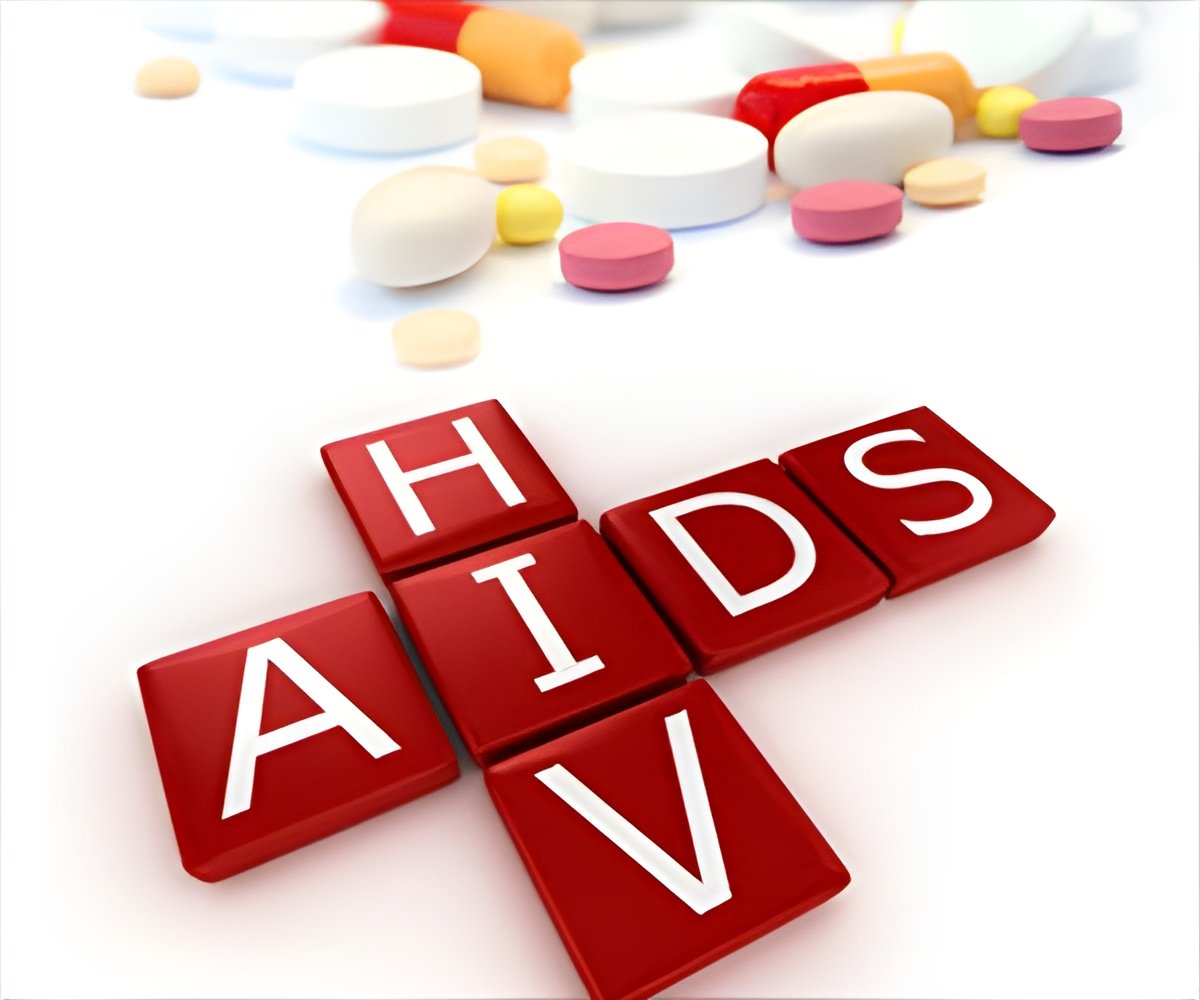
While researchers have already determined that early treatment has many health benefits, its cost -- about $23,000 a year according to the US Centers for Disease Control and Prevention -- has remained a concern for considering widespread early treatment in low and middle income countries.
By projecting the treatment costs over time and accounting for the effects of better health and fewer infections, researchers found long-term economic benefits in both countries.
"In short, early ART is a 'triple winner': HIV-infected patients live healthier lives, their partners are protected from HIV, and the investment is superb," said co-author Rochelle Walensky of the Massachusetts General Hospital.
"This study provides a critical answer to an urgent policy question."
Researchers chose to focus on South Africa and India because they had the highest numbers of people with HIV among nine countries studied in a clinical trial known as HIV Prevention Trials Network (HPTN) 052.
Advertisement
South Africa and India were also representative, respectively, of the middle and lower income countries where these questions persist over how early to treat people for HIV.
Advertisement
"We found that early ART substantially improved the rate of survival of infected patients, greatly decreased the rate of early HIV transmissions, and provided an excellent return on investment," said the study.
For the first five years, the results showed that 93 percent of patients receiving early ART would survive, compared with 83 percent of those whose treatment was delayed.
Life expectancy for the early-treatment group was longer too -- almost 16 years, compared with nearly 14 years for the delayed treatment group.
"Now that we know that early ART not only improves clinical and prevention outcomes but also is a great investment, we need to redouble international efforts to provide ART to any HIV-infected person who can benefit from it," said Walensky.
Source-AFP













